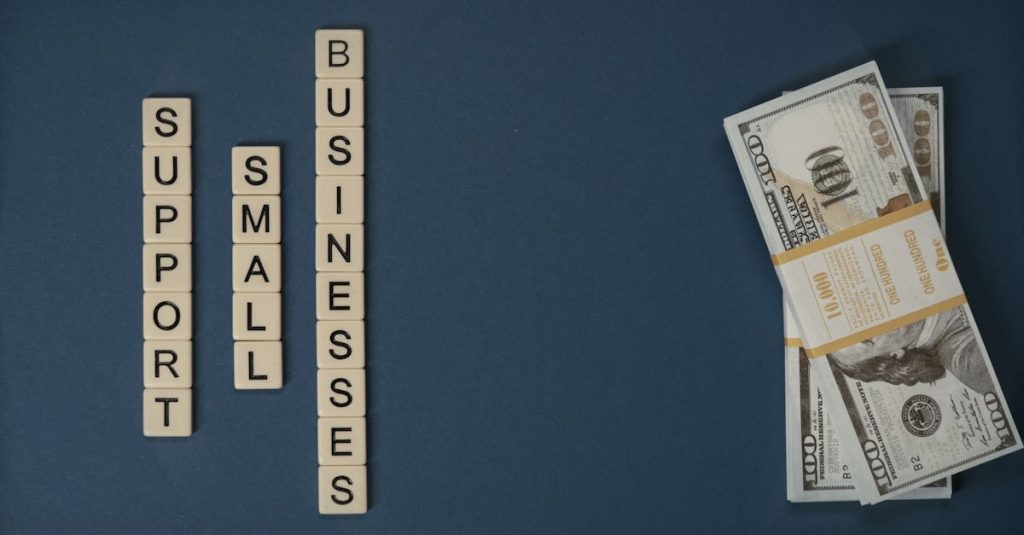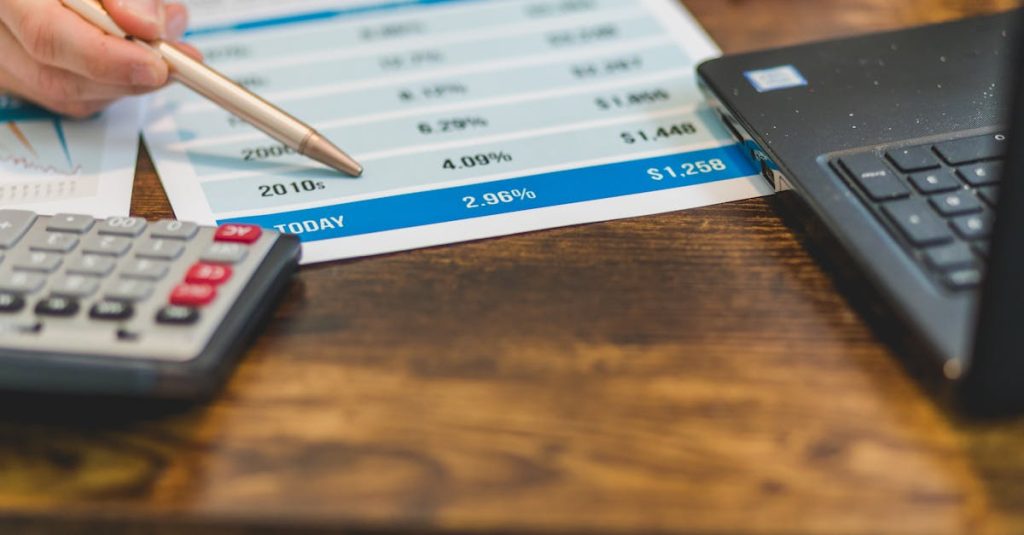For business owners considering financing, one of the most common concerns is: “Will this hurt my credit?” Many entrepreneurs hesitate to apply for business loans due to fears of damaging their credit scores. While it’s true that financing can impact your credit, the reality is much more nuanced.
Understanding how different types of business financing affect personal and business credit can help you make smarter borrowing decisions, protect your financial health, and use credit to fuel your business growth rather than hinder it.
How Business Loans Impact Your Credit Score
Your credit score—whether personal or business—is affected by a variety of factors when you take out financing. The impact depends on:
- The type of loan you apply for
- How the lender reports to credit bureaus
- Your repayment behavior
Let’s break it down step by step.
1. The Difference Between Personal & Business Credit
First, it’s important to understand the distinction between personal credit and business credit:
✅ Personal Credit Score: Linked to you as an individual (based on your Social Security Number). Affects your ability to get personal loans, credit cards, and mortgages.
✅ Business Credit Score: Tied to your business entity (via EIN or Tax ID). Determines how lenders, vendors, and suppliers view your company’s financial health.
Depending on the type of financing you apply for, the loan could impact one or both of these scores.
2. When Business Loans Affect Your Personal Credit
Some business loans require a personal guarantee, meaning you (the business owner) are personally responsible for repayment.
If your business can’t repay the loan, you may have to cover it, and missed payments will impact your personal credit.
📌 Types of Business Financing That Can Affect Personal Credit:
- SBA Loans (Small Business Administration loans)
- Business Credit Cards (if personally guaranteed)
- Merchant Cash Advances
- Business Lines of Credit (if personally backed)
How It Affects You:
- Hard inquiries from loan applications can temporarily lower your score.
- Late payments or defaults can appear on your personal credit report.
- High balances on business credit cards may impact your personal credit utilization ratio.
3. When Business Loans Only Affect Your Business Credit
If you apply for a loan under your business’s EIN (Employer Identification Number) and without a personal guarantee, your personal credit is usually unaffected.
📌 Financing That Primarily Affects Business Credit:
- Traditional business term loans
- Equipment financing
- Invoice factoring
- Some business credit cards (without a personal guarantee)
✅ When You Make On-Time Payments:
- Helps build your business credit score
- May qualify for larger loans in the future
- Establishes credibility with vendors & lenders
❌ When You Miss Payments or Default:
- May hurt your business credit score
- Could make future financing harder to obtain
💡 Pro Tip: If you want to keep your business financing separate, look for lenders who report to business credit bureaus (Dun & Bradstreet, Experian Business, Equifax Business).
4. Hard Inquiries vs. Soft Inquiries: What You Need to Know
A common myth is that checking your business loan options will automatically hurt your credit. This isn’t always true.
💳 Hard Inquiry (Can Lower Your Score Slightly)
- Happens when you formally apply for financing
- May cause a temporary dip in your credit score (typically 5-10 points)
- Stays on your credit report for up to 2 years
🧐 Soft Inquiry (No Impact on Credit Score)
- Happens when you check loan offers or pre-qualify
- Does NOT affect your credit score
- Often used for rate shopping
✅ Best Practice: Use lenders that offer soft credit pulls to explore options without harming your credit.
5. Does Paying Off a Business Loan Improve Your Credit?
Yes! Responsible use of financing can boost your credit score over time.
✅ Positive Credit Behaviors:
- Making payments on time
- Keeping balances low (for revolving credit)
- Paying off loans as agreed
❌ Negative Credit Behaviors:
- Late payments
- Defaulting on loans
- Having too much outstanding debt
💡 Pro Tip: Even if you take out a loan that affects your personal credit, consistent on-time payments can help improve your creditworthiness for future financing.
How to Use Business Financing Without Harming Your Credit
Now that you understand how credit works, here’s how to protect yourself while using business loans strategically:
✅ 1. Choose Business Loans That Build Business Credit
Opt for financing that reports to business credit bureaus to strengthen your business profile while keeping your personal credit separate.
✅ 2. Avoid Late Payments at All Costs
Payment history is the #1 factor in credit scores. Set up autopay or reminders to avoid missing due dates.
✅ 3. Use Credit Wisely
Don’t max out business credit lines. Keeping credit utilization below 30% helps your score.
✅ 4. Work With Lenders That Offer Soft Credit Pulls
Pre-qualifying for loans without a hard credit pull helps you explore options without impacting your score.
✅ 5. Separate Personal & Business Finances
Opening a business bank account and using an EIN for financing helps keep business and personal credit distinct.
Final Thoughts: Smart Borrowing = Stronger Business
Business loans don’t have to hurt your credit—in fact, they can improve it when used responsibly. The key is understanding how different types of financing impact personal and business credit before applying.
At Big Think Capital, we help business owners secure financing without unnecessary credit risks. Our funding solutions range from $5,000 to $5 million with competitive terms that fit your needs.
💡 Need funding but worried about credit? Contact us today to explore your best options—without damaging your credit score.






